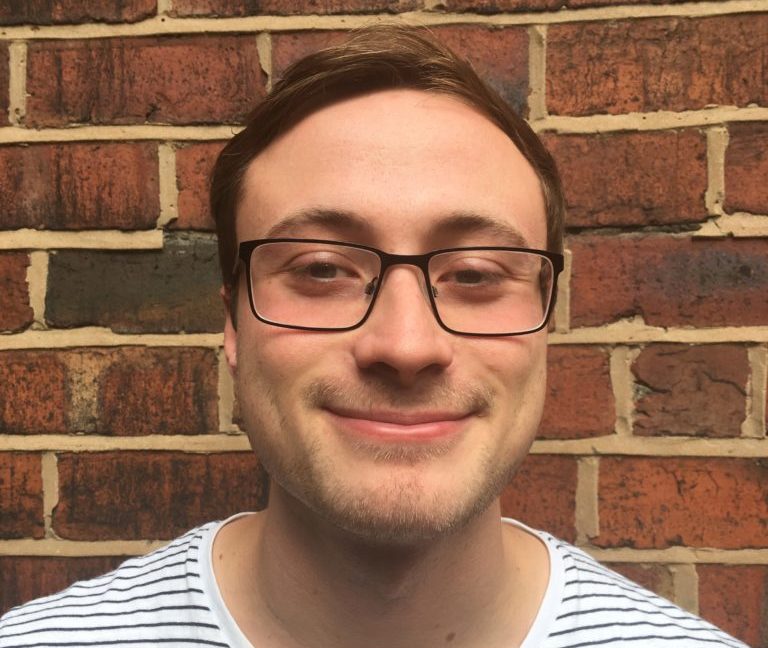Translate summer student project scheme blog: Portable Speech Therapy Systems
In May 2018, Translate ran the Summer Student Project Scheme to support small medical technology development projects. This blog is part of a series that showcases projects supported by this scheme as recounted from the student’s perspective.
Due the schemes success, it is being run again for summer 2019. To learn how to apply for student support funding for your medtech research, click here.
- Name: Jack Whiting
- Current Organisation: Leeds Beckett University
My area of Interest
My interests are rooted within music and its production. Since starting at the university this has transformed into the design of audio based hardware and software systems.
I have developed these skills during my studies and have undertaken large self-directed projects around this area. I was eager to work on this project, having the chance to apply my skills to a beneficial cause.
Having known people with Parkinson’s Disease and the challenges faced by those diagnosed, the chance to decrease some of the symptoms suffered drew me to engage with the project.
My current role within the project is to evaluate and test the microphones used for speech therapy sessions. I am also developing a prototype for a portable vocal effort prompt and related software.
Aims of the Project
The aim of the project is to provide an alternative therapy system based around a remote internet connection to a speech therapist. This will help alleviate some of the issues around transport, time and cost of attending regular face-to-face sessions.
The system will function as an online video conference with a patient’s therapist and will also provide after session exercises and vocal practices. The second aim of the project is to provide a wearable device capable of measuring and evaluation a patient’s vocal level based on the real-time background noise.
This will take the form of a proof-of-concept prototype, which will be tested with patients in order to assess what form of feedback is most appropriate for day-to-day activities.
Progress Achieved through Funding
The funding from Translate has been a great help to the project and provided the necessary staff time and equipment required to fully develop the system. The university has provided much of the necessary software required to develop the projects systems.
We did however need to assess hardware that could be easily shipped and used by patients for use with the system in their own home. The funding provided has allowed us to evaluate a range of different microphones and calibration equipment.
This has allowed us to ensure ease of use for the patients along with accurate and reliable data to advise more personalised therapy sessions. To date I have tested our microphone range using an anechoic chamber. This has provided great results that we can use both in our project and to advise on practices for current speech therapy.
So far some of the current methodologies tested have shown to provide somewhat inaccurate data and can easily be improved through better practice.
If you’re a medical technologies academic based in the Translate MedTech consortium and are interested in bringing on board a student to support your research this summer, learn more about the Translate MedTech summer student projects scheme here.

